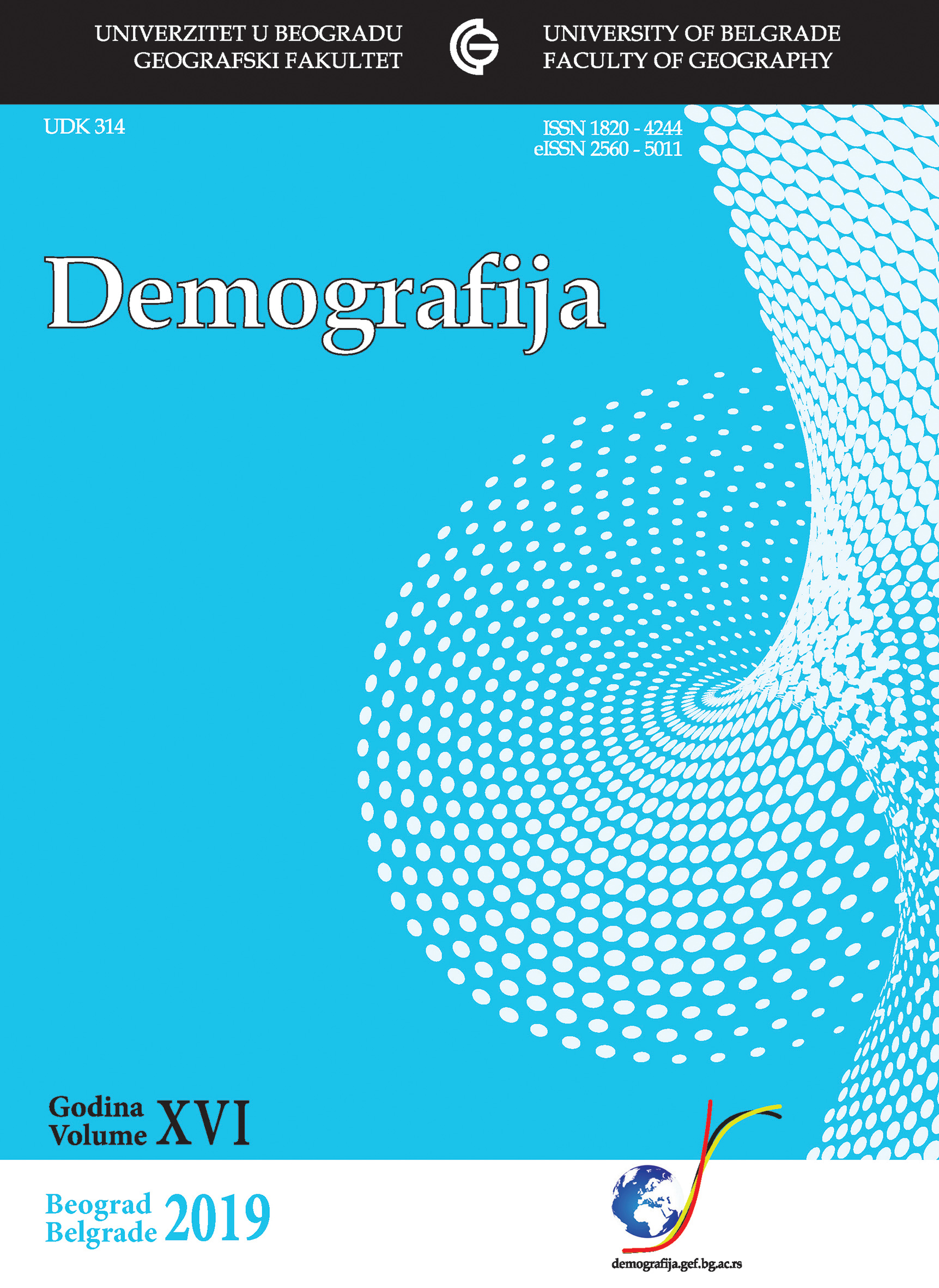Unraveling the “Suburban Fertility Hypothesis”: Demographic Implications and Territorial Consequences
Unraveling the “Suburban Fertility Hypothesis”: Demographic Implications and Territorial Consequences
Author(s): Luca Salvati, Ilaria ZambonSubject(s): Social Sciences, Geography, Regional studies, Human Geography, Demography and human biology
Published by: Географски факултет, Универзитет у Београду
Keywords: fertility;demographic transition;suburban fertility;Europe;
Summary/Abstract: A complex interplay among socioeconomic transformations and the underlying demographic trends has occurred along the long-term development of European countries. For instance, fertility plays a key role along the urban-rural gradient contributing to understand population patterns and processes and allowing identification of factors, drivers and consequences of demographic transitions. This contribution focuses on the relationship between urban growth and demographic transition, discussing whether discontinuous and dispersed urban expansion can be associated with a specific phase of demographic transition, especially a higher suburban fertility compared with urban and rural areas. A review of the ‘suburban fertility hypothesis’ based on earlier studies carried out in advanced economies, with a specific focus on Europe, indicates that urban sprawl is associated to younger and larger families whose childbearing behaviors determine positive feedbacks in terms of local fertility and demographic dynamics at large, with spatial heterogeneity across European regions and countries.
Journal: Demografija
- Issue Year: 2019
- Issue No: 16
- Page Range: 31-51
- Page Count: 22
- Language: English

